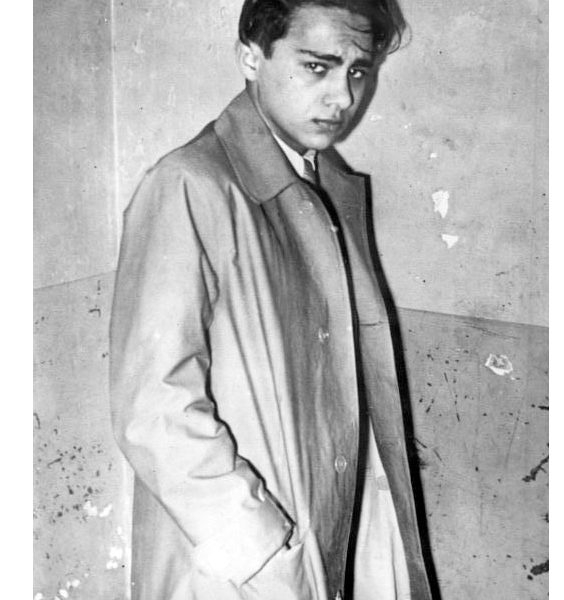
Herschel Grynszpan wasn’t yet eighteen when, on November 7, 1938, he took 300 francs from his impoverished uncle, bought a revolver, marched into the German embassy in Paris, and shot German diplomat Ernst vom Rath five times in the abdomen.
But this was no random act of violence. Grynszpan, shy but fiercely emotional, was born in Poland, the son of a tailor. Hoping for a better life, his family had relocated to Hanover, where they remained until, in August 1938, German authorities cancelled residence permits for foreigners. The Grynszpans, along with 12,000 other Polish Jews, were deported to Poland, only to be denied entry due to a recent edict cancelling Polish citizenship for expat Jews.
Sick and tired of the way his family—and Jews the continent over—were being treated, Grynszpan fumed, growing angrier by the day. According to French police, Grynszpan “acted in the name of the 12,000 persecuted Jews.”
Immediately after Vom Rath was killed, Nazi Minister of Propaganda Joseph Goebbels declared: It would not be surprising if the German people were so outraged at this attack by “the forces of international Jewry” that they took the law into their own hands and attacked Jewish businesses.
And thus Kristallnacht and mass arrests of German Jews began. The rest, other than Grynszpan’s fate, you already know.
JTA has documented Jewish history in real-time for over a century. Keep our journalism strong by joining us in supporting independent, award-winning reporting.





